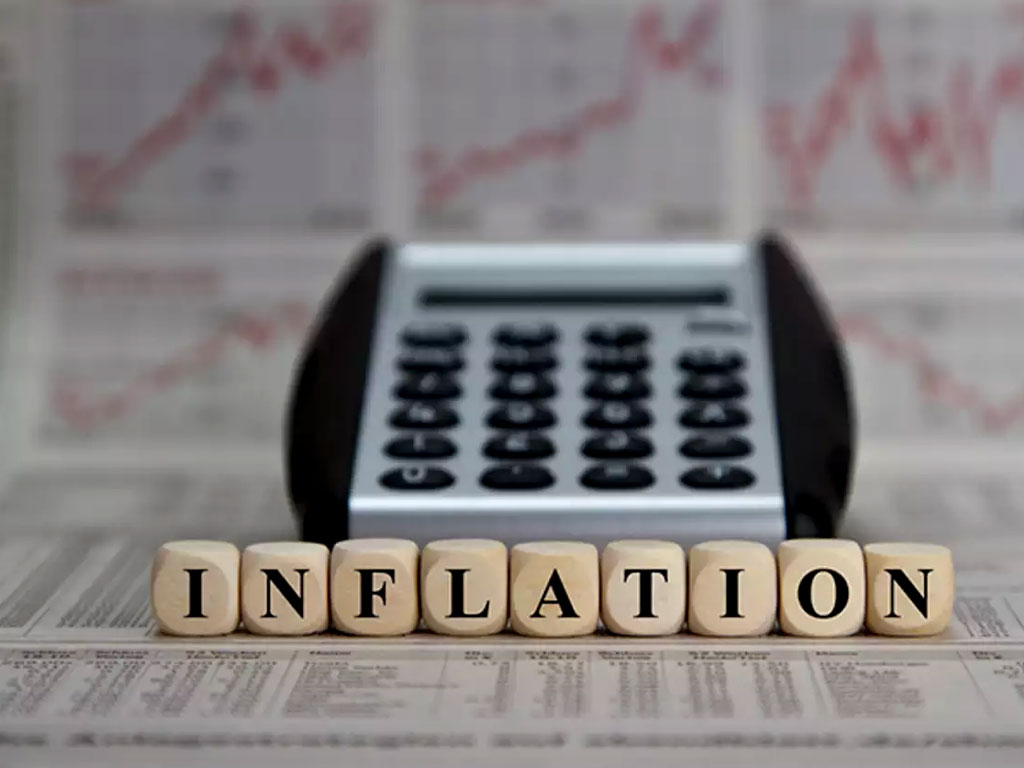Indicators that matter to public at large

Inflation and unemployment are two critical indicators used as a yardstick to assess whether political support for the ruling elite is waning or strengthening. Unfortunately, however, the projected rate of inflation for the current year is 13 percent, a rate on the back of the ongoing International Monetary Fund (IMF) programme attributable to two factors. Firstly, the government's increase in utilities rates is having a major impact on each rupee earned. Failure to implement governance reforms in the energy sector in particular has compelled the administration to engage in the same policies as its predecessors notably to borrow from the market and get the consumers to pay the annual interest and rely on higher tariffs to meet the IMF's condition of full cost recovery.
And secondly, the adoption of a market-based exchange rate which has been undervalued ever since the staff-level agreement was reached with the Fund on 12 May; at present, the rupee is undervalued to the tune of 6 percent as per State Bank of Pakistan's data. This implies higher import procurement price of oil and products in rupee terms which is being passed onto consumers as well as disabling import of critical medicines other than cancer medication. The import of raw materials and semi-finished products is shrinking large-scale manufacturing (LSM) sector to the tune of 7 percent at last count (with the historically high discount rate of 13.25 percent also a contributory factor), is having a negative impact on employment opportunities. It is estimated that so far 50,000 have lost their jobs as a consequence.
What is disturbing is the continuation of the trend of exporting surplus rather than producing for exports. In this instance, for example, the sugar mafia in complicity with the government, a complicity that began before the Khan administration took over power but has continued since, is to encourage the sugarcane crop on economic grounds by increasing the weightage of sugar as a component of LSM. Sadly, this has been at the cost of not only diverting the acreage under cultivation of cotton to sugarcane (with a much higher value-addition than the sugarcane crop) but has also led to higher imports of cotton to meet domestic demand. Additionally, sugar is being produced at a cost higher than the international average which has implied the need to extend export subsidies to sugar exporters. The Khan administration's agriculture policy does not deal with cotton, the largest contributor to the country's exports, which makes one conclude that perhaps this was a deliberate attempt by the sugar barons. And last but not least, sugarcane crop requires massive amounts of water and given that Pakistan is defined as a water-stressed country encouraging this crop over others is baffling.
The government's claim that small and medium enterprises (SMEs) contributing 40 percent to GDP are growing can be challenged on two counts: (i) the downstream SMEs associated with LSM have had to scale back activity with lower LSM output; the Economic Survey citing SMEDA notes only the downstream industry associated with the auto sector; and (ii) the government's dismissal of anecdotal surveys on SMEs, with no corresponding official available data to refute the findings, smacks of a defence based on political considerations rather than any serious attempt to deal with the issue. The survey carried out by the Federation of Pakistan Chambers of Commerce and Industry over a year ago remains the most recent document on the sector and notes that SMEs do not get proper support from government departments, banking sectors financial institutions and corporate sectors which is why SMEs cannot trade on the national and international market but remain largely localized. Additionally, the problems facing them are numerous and include lack of financial planning, low production capacity, limited knowledge/lack of skills, ineffective marketing credit policy, failure to identify new markets or use the latest technology.
Imran Khan heads a popular government and, unlike his economic team leaders, is answerable to the general public and therefore is no doubt more sensitive to public opinion. If the inflation rate and unemployment continue to impact on the quality of life of the people, his diehard supporters may not abandon him but the millions who supported him in the hope of a change would certainly revisit their voting patterns. There is therefore an urgent need for the government to revisit its economic narrative in general and for the Prime Minister in particular to seek an impartial alternate view on the state of the economy.























Comments
Comments are closed.